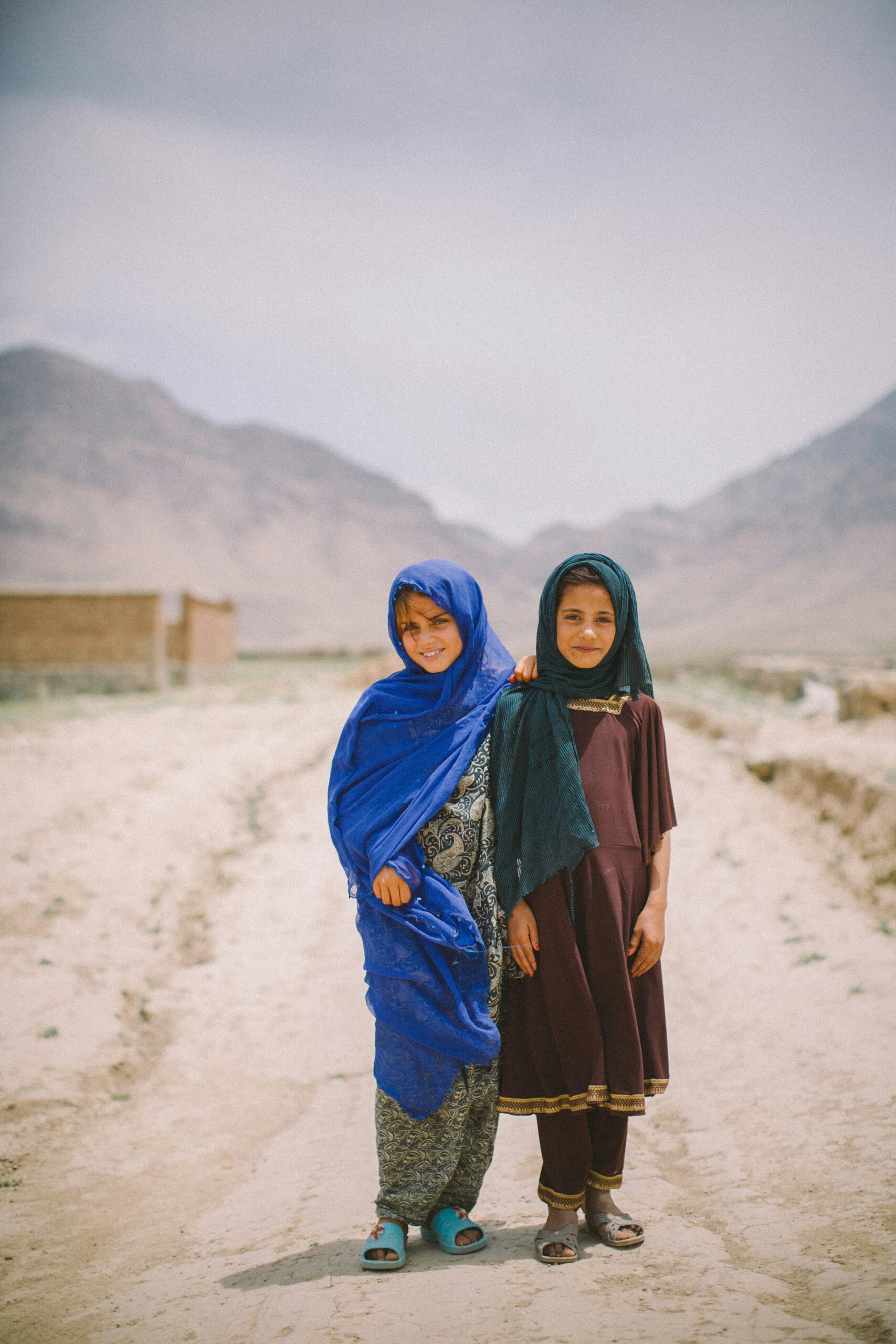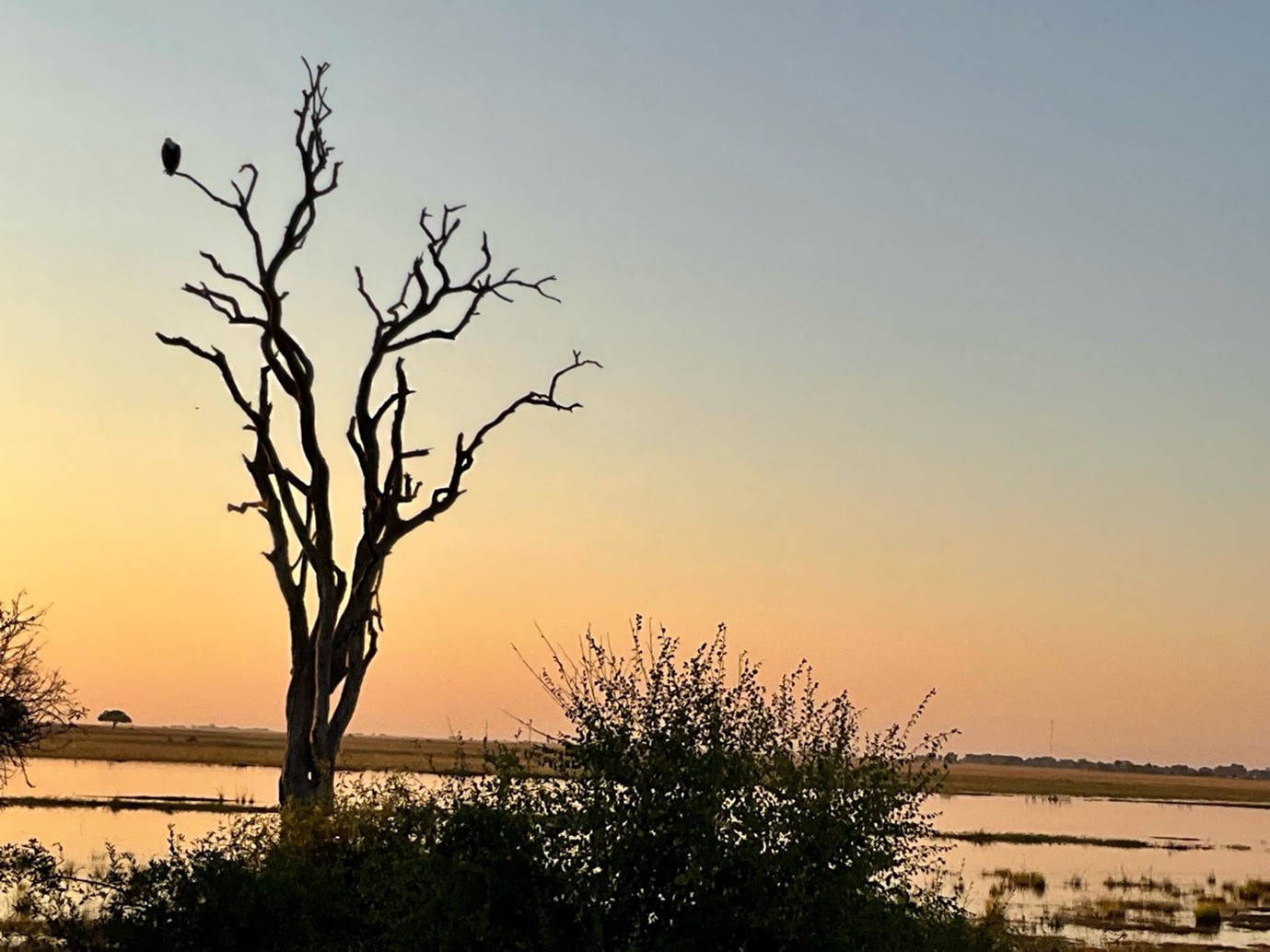CEO Insight: Peace Reigns Where Justice Prevails

Peace is not the absence of war, but the presence of justice.” – These words of Martin Luther King Jr. feel especially urgent as we mark the International Day of Peace.
Each year on 21 September, the United Nations invites us to pause for the International Day of Peace. More than a symbolic observance, it is a call to action: to reduce violence, nurture dialogue, and to create the conditions where justice – and therefore peace – can flourish.
The impact of the day has had tangible effect in the past. In 2008, for example, a temporary ceasefire in Afghanistan allowed humanitarian workers to safely deliver food and medicine to reach communities in need. But true peace cannot be built on temporary pauses. It must rest on something deeper. The steady foundations of justice.
Because without justice, conflict festers. With justice, communities can begin to heal, to hope, and to thrive.
This is the heart of our mission at A4ID – working at the critical intersection of law and peace, mobilising legal expertise to protect dignity and build the foundations of peace.
Peace through strong legal systems
In fragile or conflict-affected societies, when the law is absent or unequal, injustice festers and violence takes root. When the rule of law is strong, it helps rebuild trust and provides the bedrock for peace.
At its core, rule of law means no one is above the law. It is the guarantee of impartial justice, the foundation for democracy, and the safeguard of human dignity.
One clear example is freedom of religion or belief (FoRB). Where the law protects the right to practice – or not to practise – one’s faith, societies are more inclusive and peaceful. Where those freedoms are denied, minorities are marginalised and cohesion fractures.
FoRB is both a fundamental human right and a foundation for peace. It protects dignity, encourages inclusivity, and builds resilience against extremism. When upheld, it strengthens stability, democracy, and economic development – all critical to achieving the UN Sustainable Development Goals – the SDGs. When those freedoms are denied, the results are always the same: exclusion, marginalisation, and instability.
Advocating for religious freedom
That is why A4ID’s partnership with the International Bar Association’s Human Rights Institute is so important, through our partnership we enable training and empower defenders documenting violations of religious freedom. Across 16 workshops and two global roundtables, we helped advocates strengthen their skills, amplify their voices, and engage international institutions to advance accountability. What stays with me most is the courage of these defenders, who risk so much so that others’ freedoms may be secured.
Justice as prevention
Through A4ID’s ROLE UK Programme, funded by the FCDO, we connect demand for judicial and legal support in fragile societies with the expertise of UK practitioners. Rooted in a strong pro bono tradition, this programme helps transform principles into practice – so they serve as instruments of peace, not tools of exclusion.
Making justice count
Pro bono legal work is one of the profession’s most powerful contributions to peace – but only when strategically linked to global goals. That belief inspired us to launch the SDG Legal Initiative, aligning legal expertise to SDG16: Peace, Justice and Strong Institutions.
For me, this represents the future of pro bono: intentional, measurable, and transformative. The initiative gives lawyers a way to measure their impact, to move from ad-hoc support to intentional, measurable peacebuilding. Law firms can align their pro bono efforts with the Sustainable Development Goals, either independently or in collaboration with A4ID and demonstrate their impact on advancing peace and justice.
By partnering with NGOs and local experts, these efforts are grounded in real-world needs and informed by on-the-ground realities. As one of the first initiatives of its kind, the SDG Legal Initiative marks a major shift for the profession.
Legal empowerment for peacebuilding
Legal empowerment is about providing people and communities with the tools and confidence to understand, use, and shape the law in ways that improve their lives.
One way we achieve this at A4ID is by providing training and legal frameworks for reform-focused NGOs. Past workshops have covered a wide range of issues central to development and human rights. For example, one training session on UK defamation law helped NGOs to better protect their advocacy campaigns in an era where information spreads globally in seconds. This knowledge is particularly useful for international development organisations campaigning for reform and social justice.
A4ID also strengthens grassroots advocacy by equipping communities to claim their rights safely and effectively. In Nepal, our work with the Youth Empowerment in Climate Action Platform has enabled young people to form coalitions, organise peaceful protests, and lead public education campaigns on climate action. This work demonstrates that law, when mobilised, can transform frustration and despair into constructive movements for change.
Peace across global challenges
Peace is not only the absence of conflict but also the presence of justice in its many forms. Across the globe, entrenched inequalities, whether based on gender, environment, or access to resources, continue to fuel instability.
Around the world, women continue to face violence and exclusion – even where protective laws exist. Through pro bono partnerships, strategic litigation, and empowerment initiatives, lawyers can help women and girls claim their rights and hold perpetrators accountable.
A4ID has been particularly vocal in addressing gender apartheid and advancing women’s rights. A powerful example is the coordination of legal experts to support Afghan women and girls in education. By creating robust contracts that protect intellectual property and ensure future income flows back into educational provision, these legal interventions safeguard vital educational opportunities and provide sustainable pathways for the future.
Just as gender equality is essential for peace, so too is environmental justice. Environmental rights are human rights, encompassing the right to clean air, safe water, and a healthy environment. Yet those who contribute least to climate change – often bear the heaviest burden. This is why climate justice matters.
The law, in times of crisis, either protects or excludes. From holding polluters accountable to protecting environmental defenders, the law can tip the balance toward a fairer, more sustainable future.
At A4ID, we see gender justice, climate justice, and the rule of law as interdependent pillars of peace. Together, they form the foundation of a fairer, more resilient world.
The pathway to peace
Peace is not wished into existence. It is built – case by case, right by right. Built wherever defenders are trained, young activists empowered, or courts strengthened. Built through solidarity, persistence, and courage.
This is the work A4ID is privileged to undertake, connecting the power of the law to the pursuit of peace.
On this International Day of Peace, Sunday 21st September, I invite you – our colleagues across the legal profession, in civil society, and beyond – to act with us. Join the SDG Legal Initiative. Support A4ID’s ROLE UK Programme. Stand with us in advancing peace through justice. Together, we can ensure that the law is not only a shield, but a pathway to a fairer and more peaceful world.

